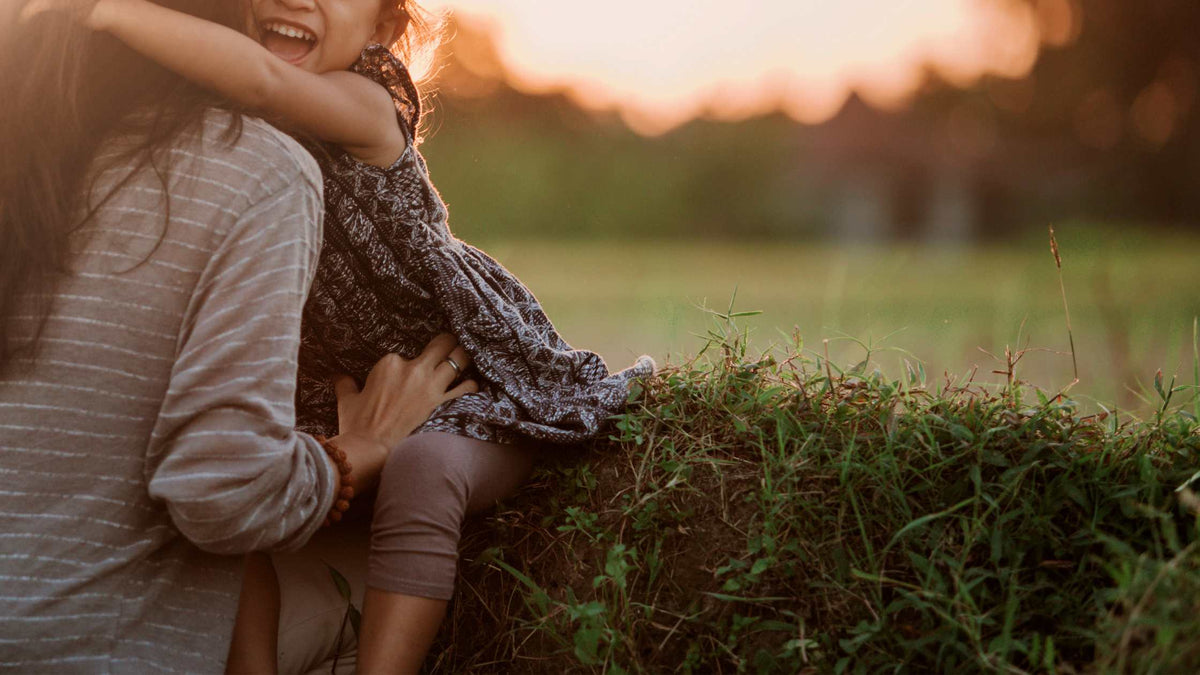Anti-Parasite Herbs for for Children

When it comes to our children's health, we want to ensure that they are protected from illnesses and infections. One concern that parents often face is parasite infections, which can lead to various health issues if left untreated. Some of these include digestive problems, nutritional deficiencies, anemia, allergies and skin issues, organ dysfunction, weakened immune system and even neurological issues.
It is easy to come into contact with parasites in our daily lives. Even with clean drinking water and good hygiene, contact with pets, contaminated soil, poorly handled food and insect bites can expose children to parasites.
Rather than wait for symptoms to manifest, it can be a good idea to supplement herbs to protect against these threats. These are some of our favorite antiparasitic herbs which are safe for children (with the correct dose):
GREEN-BLACK WALNUT HULLS
Derived from the unripe nuts of the black walnut tree. They contain a substance called juglone, which possesses potent antiparasitic properties. Juglone acts by disrupting the life cycle of parasites, inhibiting their growth and reproduction. Additionally, it has antimicrobial properties, further supporting the body's fight against infections. Green-black walnut hulls are commonly available in tincture form and can be administered orally to children in a diluted form.
WORMWOOD
Scientifically known as artemisia absinthium, wormwood has been traditionally used for its anthelmintic (worm-destroying) properties, making it an effective herb against various parasites. It contains compounds like artemisinin, thujone, and flavonoids that exhibit antiparasitic and anti-inflammatory effects. Wormwood is available in various forms, including capsules, tinctures, and teas. However, it's important to note that wormwood should be used under the guidance of a knowledgeable healthcare professional, as high doses or prolonged use can be toxic.
CLOVES
The dried flower buds of the syzygium aromaticum tree are not just a popular spice but also possess powerful antiparasitic properties. Cloves contain eugenol, a compound known for its antimicrobial and antiparasitic activities. It helps to disrupt the protective layers of parasites, making them vulnerable to the immune system. Cloves can be consumed in powdered form or added to teas or tinctures, making them more palatable for children. However, moderation is key, as excessive consumption can lead to adverse effects.
QUASSIA CHIPS
Derived from the bark of the quassia amara tree quassia chips have a long history of use in traditional medicine for treating parasitic infections. They contain compounds known as quassinoids, which possess potent antiparasitic properties. Quassia works by inhibiting the feeding and reproduction of parasites, ultimately leading to their elimination from the body. Quassia can be consumed in the form of tea or tincture.
Our anti-parasite blend, Clarkia-100 contains all of these herbs. If you are wanting to give it to children, consider our reduced alcohol version. It can be taken sublingually (under the tongue). Additionally, the glycerin based formula is more palatable because the sweetness of the glycerin counters the taste of the bitter herbs.
You can download a free copy of our catalog here. Page 26 will give you more information about our suggested parasite cleanse protocol and how these herbs can provide anti-parasitic benefits.
Let us know if you have any questions by emailing customerservice@barlowherbal.com
Disclaimer: Please keep in mind I am not a doctor and this is not meant to be medical advice. All the information on this website is for educational purposes only. This information has not been evaluated by the FDA. We are not making any claims about the efficacy of these products. This information, these products and our suggestions are not meant to prescribe, diagnose, prevent, treat, cure any disease or replace proper medical care. Please check with your doctor or pediatrician before taking any of these herbs or giving them to your children.